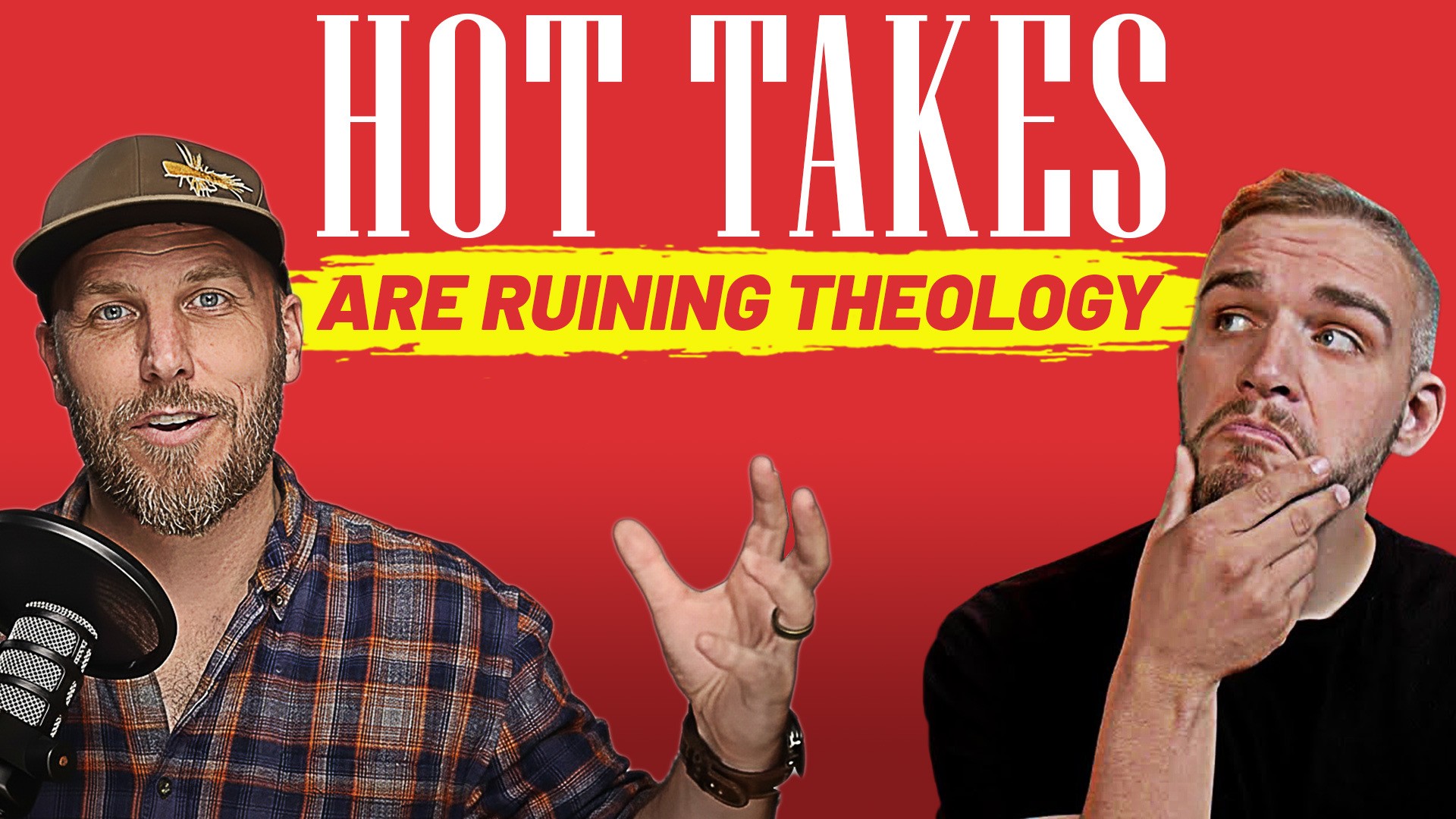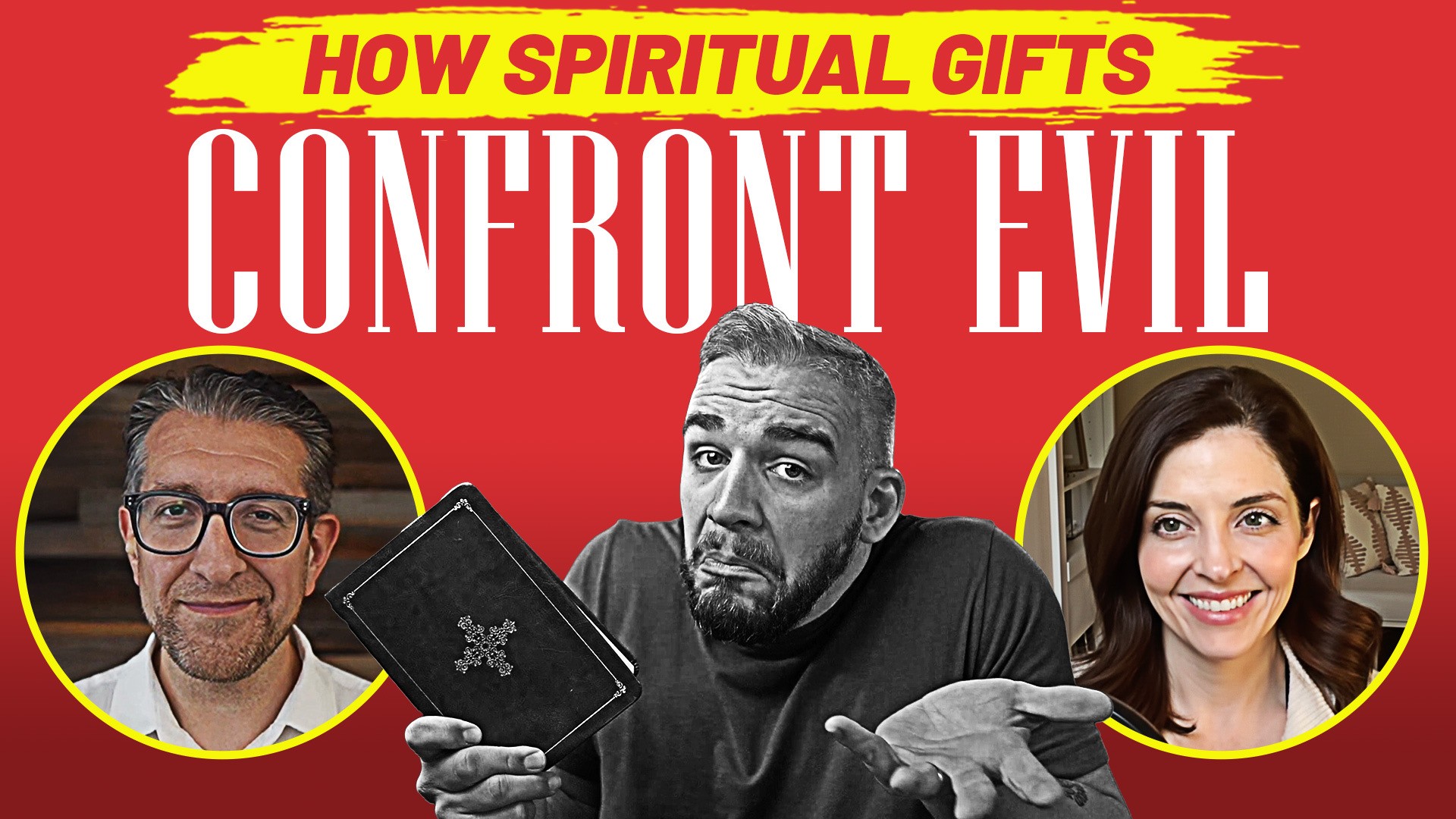When Theologians Turn on Each Other: What Owen vs. Baxter Teaches Us About Christian Division
What happens when two theological giants who love Jesus have a FIERY public fallout? 🔥 The forgotten conflict between Puritans John Owen and Richard Baxter holds a sobering lesson for today.
Transcript Summary
This episode of Remnant Radio embarks on a crucial exploration of Christian unity, navigating the often-turbulent waters of theological disagreement and seeking a path toward genuine reconciliation. Hosts Joshua Lewis and Michael Rowntree welcome Dr. Tim Cooper, a distinguished historian specializing in 17th-century Puritanism, to serve as a guide through the complex relationship between two giants of the faith: John Owen and Richard Baxter. By examining the historical and personal factors that fueled their well-documented disputes, the conversation unearths timeless principles for fostering unity in today’s polarized church.
The discussion begins by painting a portrait of Owen and Baxter, highlighting their shared commitment to Reformed theology, their prolific writings, and their significant influence on the broader Christian landscape. Both were deeply committed to Scripture and passionate about the Gospel. However, Dr. Cooper quickly illuminates the fault lines that emerged between them, particularly surrounding the doctrine of salvation. Baxter, deeply concerned by the potential for antinomianism (the belief that grace frees Christians from all moral obligations), placed a strong emphasis on the necessity of good works as evidence of genuine faith and a transformed life. Owen, on the other hand, wary of undermining God’s sovereignty and the power of grace, stressed the importance of divine election and the security of the believer’s salvation.
The Remnant Radio team dives deeper, exploring the personal experiences that profoundly shaped their theological perspectives. Dr. Cooper illustrates how Baxter’s traumatic experiences during the English Civil War, witnessing firsthand the chaos and moral decay that accompanied societal upheaval, led him to prioritize order, obedience, and a clear emphasis on the importance of living a righteous life. In contrast, Owen’s experience, largely shielded from the direct violence of the war, allowed him to focus on defending the purity of the Gospel and the power of God’s grace to transform lives.
As the discussion unfolds, the hosts and Dr. Cooper grapple with the implications of this historical case study for contemporary Christians. They emphasize the need for humility, recognizing that our own perspectives are often shaped by our unique backgrounds and experiences. They advocate for a spirit of generosity, seeking to understand the motivations and concerns that underlie differing theological viewpoints. They stress that Christian unity is not about achieving uniformity of thought or suppressing genuine differences. Still, it is about fostering a culture of love, respect, and mutual understanding that transcends doctrinal disagreements. The team asks, what is more important, to be correct or to be in fellowship with your brother?



